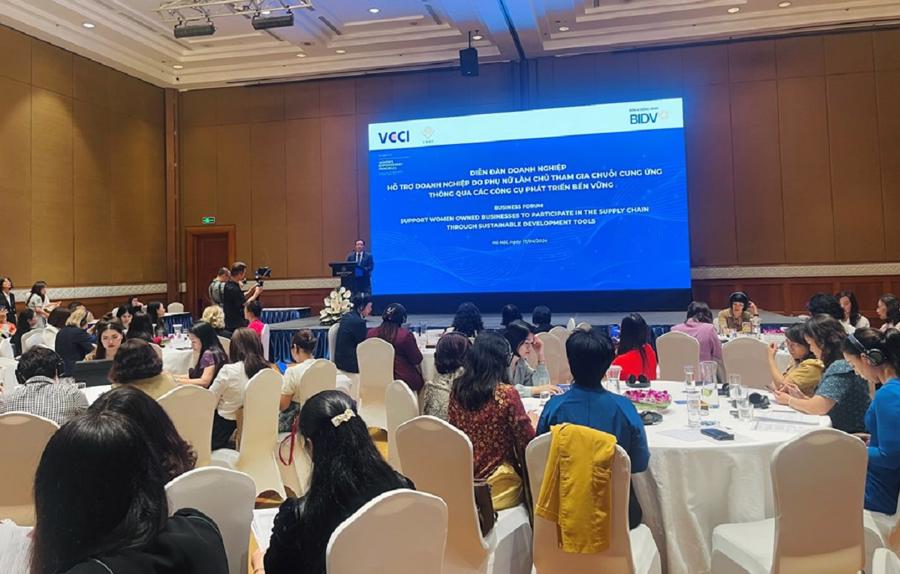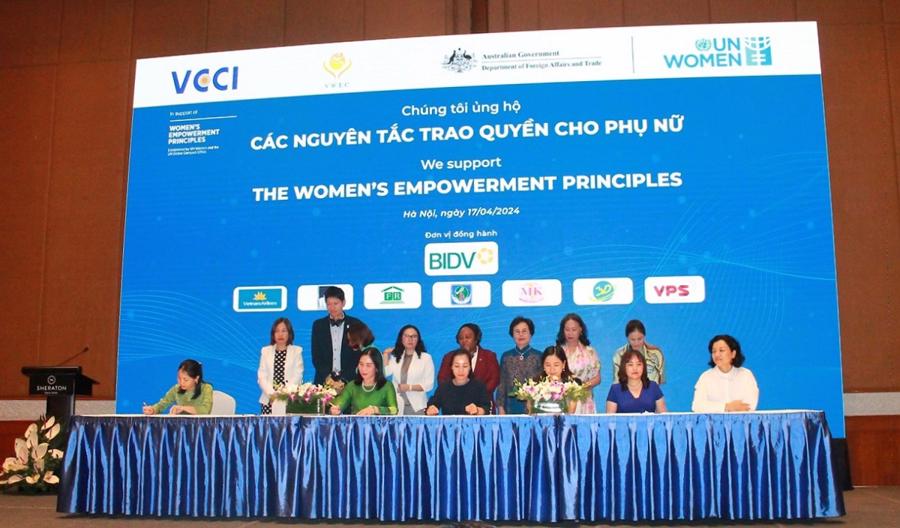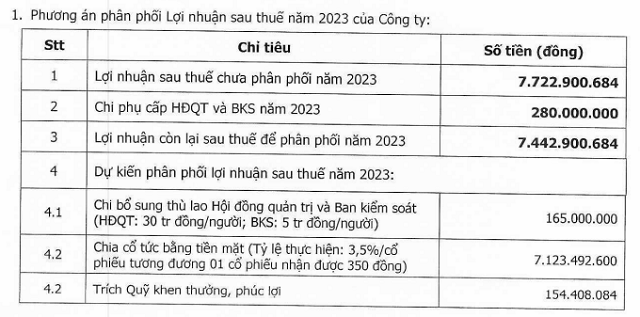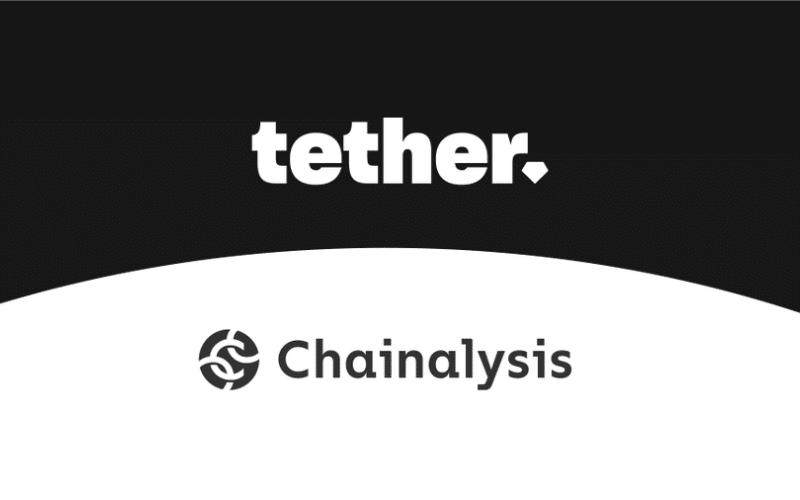Women-Owned Businesses Face Challenges in Joining Supply Chains
On April 17, 2024, in Hanoi, over 100 delegates, representing various ministries, embassies, international organizations, associations, financial institutions, and businesses, attended the Forum on “Supporting Women-Owned Businesses to Join Supply Chains through Sustainable Development Tools”.
The event was organized by the Vietnamese Women Entrepreneurs Council, which is part of the Vietnam Chamber of Commerce and Industry (VCCI), and the United Nations Entity for Gender Equality and the Empowerment of Women (UN Women).
This activity is part of the program “Creating Equal Market Opportunities for Women and Women-Led Businesses through Gender-Responsive Procurement” (WE RISE Together), supported by the Australian Government through the Mekong-Australia Partnership.
OVER 20% OF SMALL AND MEDIUM-SIZED BUSINESS OWNERS IN VIETNAM ARE WOMEN
Ms. Caroline T. Nyamayemobe, UN Women’s Country Representative in Vietnam, stated that women make up nearly half of the world’s population, but they currently contribute only 37% of global GDP. Women own 33% of all businesses worldwide.
Empowering women to participate equally in the economy could increase global GDP by up to $28 trillion by 2025. Global estimates indicate that women own approximately 33% of all businesses. If women-owned businesses grew at the same rate as male-owned businesses, global GDP would increase by an additional $2 trillion—equivalent to 2% to 3% of global GDP—and create between 288 million and 433 million new jobs.
In Vietnam, over 20% of small and medium-sized business owners are women; 51% of Vietnamese businesses have women in ownership structures, a higher percentage compared to other countries.
However, women-owned businesses are predominantly at the lowest tier of the supply chain in many industries and encounter challenges meeting procurement requirements from large companies. Women entrepreneurs also face limited access to finance, inequality in market access, and lack of skills and training. Additionally, they still face social prejudices and discrimination.
The Women’s Empowerment Principles (WEPs) Network for sustainability tools has attracted 9,485 global companies, including 184 Vietnamese companies.
“Evidence shows that countries with higher gender equality have faster growing and more competitive economies. Implementing sustainability tools like gender-responsive procurement policies and the Women’s Empowerment Principles (WEPs) is a smart choice that enables businesses to make a difference and grow sustainably,” Ms. Caroline T. Nyamayemobe stated.
Ms. Caroline T. Nyamayemobe recommended that businesses adopt the WEPs and gender-responsive procurement and invest in training to enhance women’s capacities.
For women entrepreneurs, she suggested focusing on innovation, seeking resources, and joining women’s business networks to harness the power of women-owned enterprises.
“The government needs to develop policies to support women-owned businesses and collect and share data on women entrepreneurs and women-owned businesses,” Ms. Caroline T. Nyamayemobe said.

Speaking about sustainable business development, Mr. Nguyen Hoa Cuong, Deputy Director of the Central Institute for Economic Management (CIEM) under the Ministry of Planning and Investment, reported that Vietnam is halfway through implementing the Sustainable Development Goals for 2030.
According to a United Nations (UN) assessment, out of 140 specific targets with data, only 12% are on track, 50% are delayed, and 30% have regressed compared to 2015.
In the 2023 Sustainable Development Goals Index (SDG Index), Vietnam scored 73.3 points, ranking 55th out of 166 countries.
PROMOTING ACCESS TO SUPPLY CHAINS FOR WOMEN-OWNED BUSINESSES
Mr. Nguyen Hoa Cuong emphasized that in the current context, women-owned businesses in particular, and businesses in general, need to innovate and adopt sustainable business practices to expand markets and access global supply chains.
Globally, markets have imposed new requirements for businesses, including the EU Carbon Border Adjustment Mechanism (CBAM), the EU Deforestation Regulation (EUDR), and the Corporate Sustainability Due Diligence Directive (effective from 2026), which encourages environmentally and socially responsible business practices.
In addition, Europe is drafting a directive that requires businesses to prevent, end, or mitigate negative impacts—including those by subsidiaries and throughout their supply chains—on labor and the environment.
Mr. Pham Duc Hau, Deputy Director General of Corporate Banking at the Bank for Investment and Development of Vietnam (BIDV), presented a non-financial support program for women-owned businesses to enhance competitiveness and market access.
Accordingly, BIDV launched the SMEasy digital platform, the first in Vietnam designed specifically for women-owned small and medium-sized enterprises. BIDV has also collaborated with domestic and international agencies and organizations to provide support for small and medium-sized enterprises to improve financial and business capabilities.

At the forum, several women entrepreneurs shared the transformations their businesses underwent by prioritizing gender equality and provided practical lessons for women-owned businesses to access and participate in supply chains.
The women entrepreneurs also identified key reasons why women-owned businesses are often at the lowest tier of supply chains. These include limited access to capital and markets, lack of business support networks for women, insufficient training programs and mentorship opportunities for women entrepreneurs, and persistent family care responsibilities and stereotypes about women’s business capabilities.
The forum provided updates on Vietnam’s roadmap for businesses to achieve Sustainable Development Goals, explored solutions to assist businesses in meeting national and international sustainable development standards, and shared policies and programs to enhance market access, financial and non-financial support for women-owned businesses and business leaders.
The organizers also launched the Women’s Empowerment Principles Awards 2024 (WEPs Awards 2024), a UN Women initiative that has been running since 2020. Starting in 2024, the award will be held biannually instead of annually.
Over the past three years, a total of 30 Vietnamese businesses have been honored with this award. In 2024, the award will include six categories: Business Leadership Committed to Gender Equality; Gender Equality in the Workplace; Gender Equality in the Marketplace; Gender Equality through Community Engagement and Partnerships; Business Reporting on Gender Equality; and Investment and Financing for Gender Equality Innovation. Each category will have three awards: first, second, and third place.
At the forum, 22 Vietnamese women entrepreneurs signed the Women’s Empowerment Principles, demonstrating their commitment to promoting gender equality in the workplace, marketplace, and community.







































